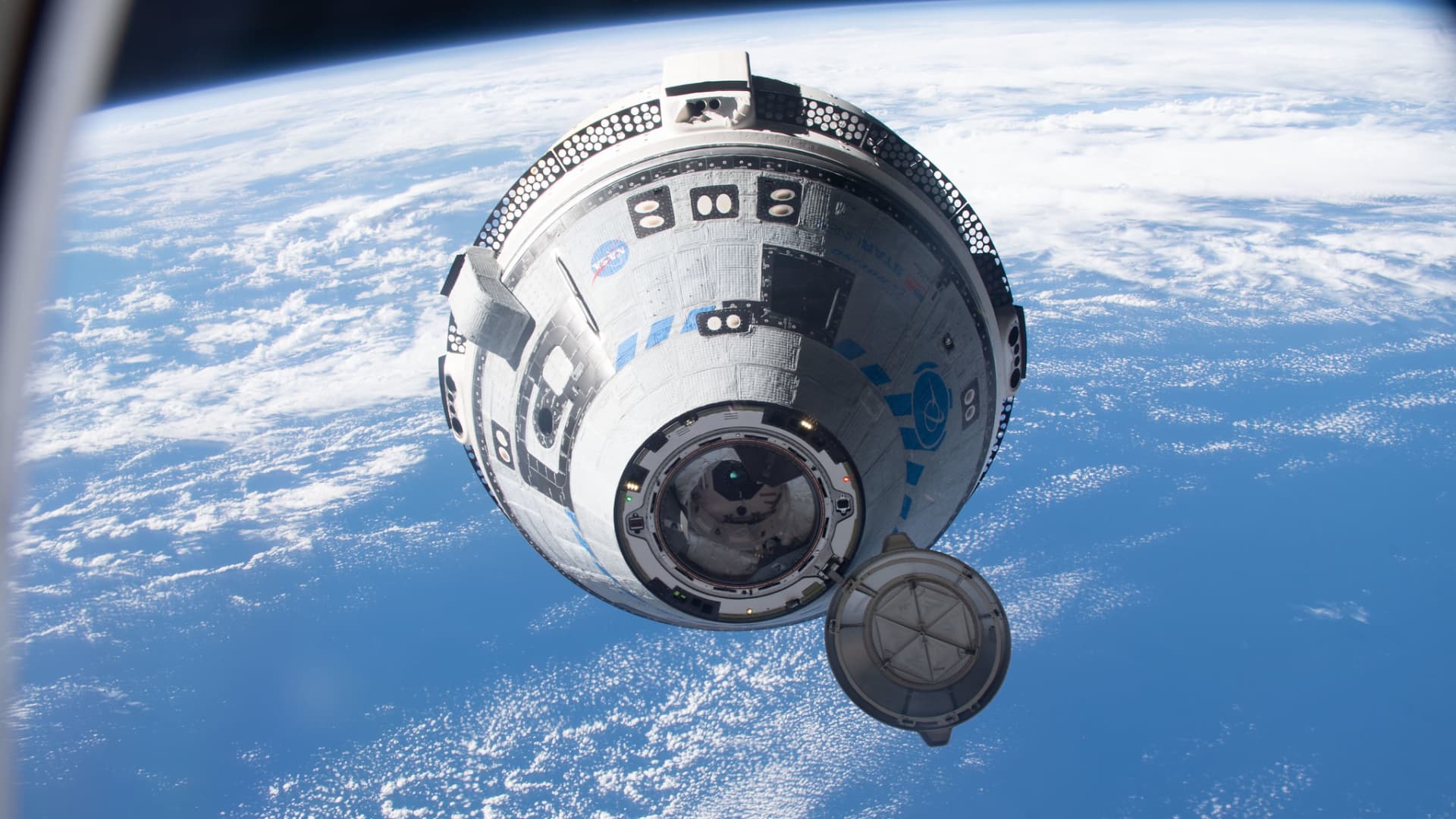Boeing on Wednesday reported a $257 million charge in the second quarter for its Starliner astronaut spacecraft program, bringing the program’s to-date overrun costs to $1.5 billion as delays continue.
The aerospace giant blamed the charge on its decision last month to indefinitely delay the first crewed Starliner launch. Starliner was scheduled to launch in late July and carry a pair of NASA astronauts to the International Space Station.
But Boeing discovered two new problems with Starliner and called off the launch to correct the issues. The delay was the latest in a series of disruptions in Boeing’s development of Starliner.
Since 2014, when NASA awarded Boeing with a nearly $5 billion fixed-price contract to develop Starliner, the company has recorded losses on the program almost every year. The charges total $1.47 billion, according to its annual reports and the company’s most recent quarterly filing.
The annual losses have ranged from $57 million in 2018 to $489 million in 2019.
Boeing’s program competes with Elon Musk’s SpaceX, which is poised to finish all six of its originally contracted NASA missions before Boeing flies its first.
Still, Boeing CEO Dave Calhoun said on an earnings call Wednesday that the manufacturer is “in lockstep” with NASA on Starliner development.
“We prioritize safety, and we’re taking whatever time is required. We’re confident in that team and committed to getting it right,” Calhoun said.
Boeing recorded other losses in its defense, space and security unit for the second quarter: a $189 million loss in the T-7A trainer jet program and $68 million charge on its MQ-25 unit.
Boeing last year announced additional losses on the Air Force One program, bringing charges on the contract negotiated with the Trump administration to above $1 billion.
